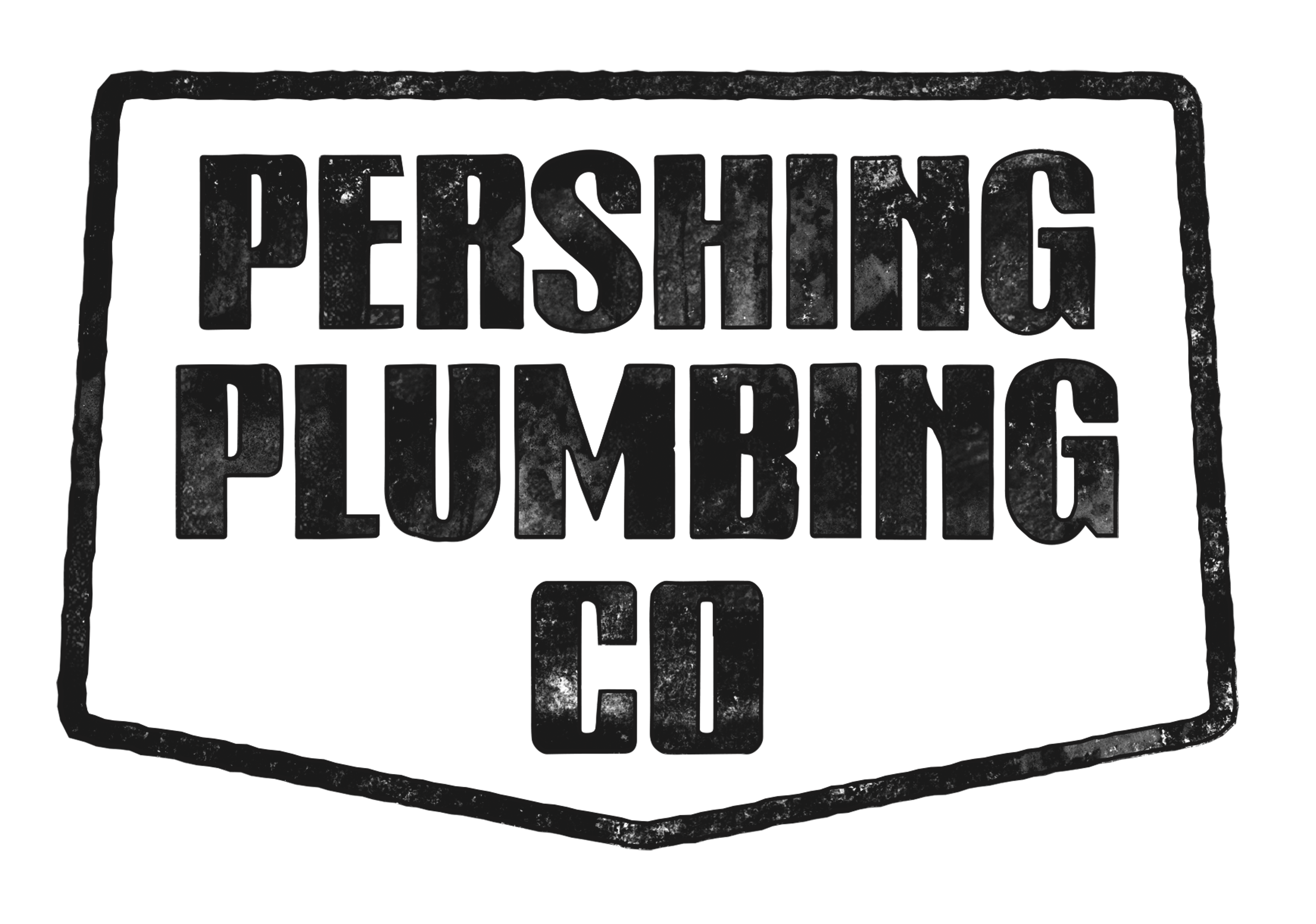A leaky plumbing system can be a homeowner’s worst nightmare, causing not only increased water bills but also potential structural damage. Fortunately, many leaks are preventable with the right knowledge and care. This blog will delve into essential tips and practices for maintaining your home’s plumbing system, focusing on innovative ways to prevent leaks and ensure the longevity of your plumbing infrastructure.
Embrace Technology with Water Monitoring
Installing a water monitoring system can provide real-time insights into your water usage and help identify leaks early. These systems track the flow and pressure of water through your pipes, alerting you to any irregularities that could indicate a leak, even in hidden areas of your plumbing system.
Insulate Pipes to Prevent Cracking
Temperature fluctuations, especially during colder months, can cause pipes to crack and leak. Insulating your pipes can protect them from extreme temperature changes, reducing the risk of leaks due to cracking or bursting.
Keep the Chemicals at Bay
Harsh chemicals often used for clearing clogs can corrode pipes over time, leading to leaks. Opt for gentler, enzyme-based cleaners that break down blockages without damaging your plumbing. Regularly clean drains with these safer alternatives to keep them clear without the risk of corrosion.
Mindful Remodeling and Construction
During home renovations or construction, it’s essential to be mindful of the existing plumbing system. Accidental nail or screw punctures can cause hidden leaks within walls. Work closely with contractors to ensure that the plumbing is protected and any modifications are leak-proof.
Proactive Replacement of Wear-and-Tear Parts
Certain plumbing components, like washers, seals, and O-rings, are prone to wear and tear. Proactively replacing these small but crucial parts can prevent leaks. Regularly check and replace these components to maintain a tight seal in faucets and fixtures.
Conclusion
Preventing leaks in your home’s plumbing system is an ongoing process that requires attention to detail and proactive maintenance. By incorporating advanced monitoring technology, protecting pipes from temperature extremes, avoiding harsh chemicals, and being cautious during home improvements, you can significantly reduce the risk of plumbing leaks. Regular replacements of vulnerable parts further ensure that your plumbing system remains robust and leak-free. Adopting these practices will not only save water and money but also preserve the health and safety of your home environment.

